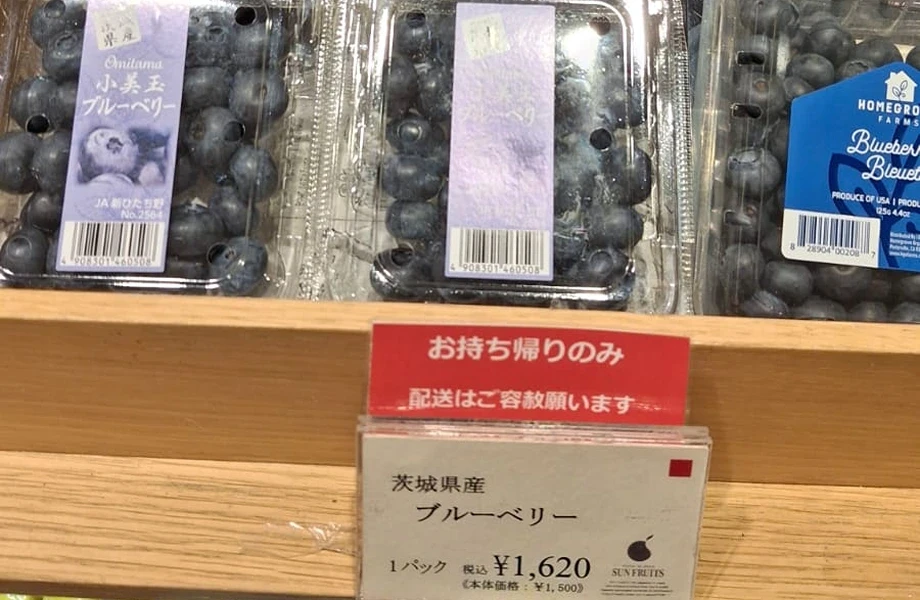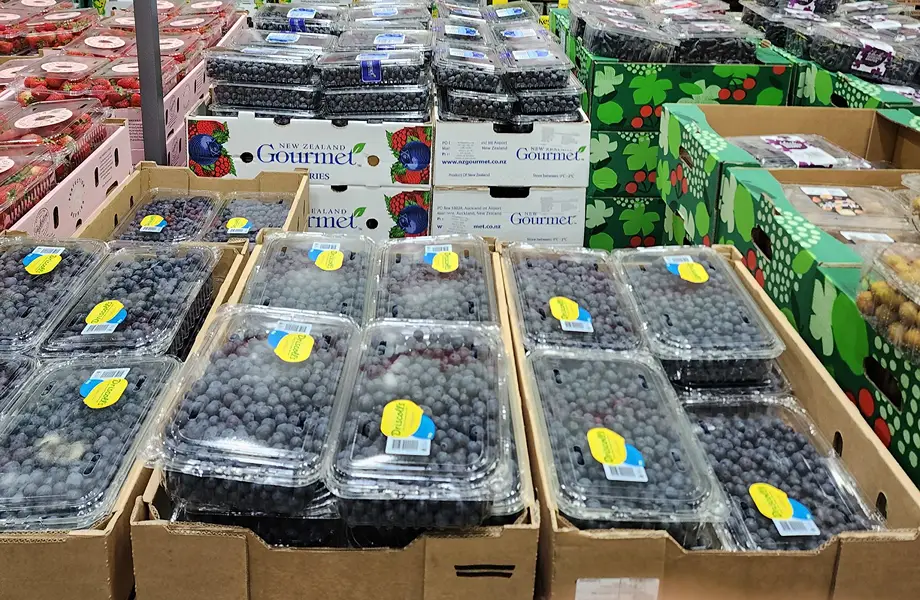According to Frutas de Chile, the Japanese market has reported a new detection of the fungicide Tebuconazole in a batch of frozen blueberries from Chile. This episode, notified by the Ministry of Health, Labour and Welfare of Japan (MHLW), entails the reset of the count linked to the “Inspection Order”: to revoke this measure, it will be necessary for 300 consecutive shipments to be compliant or for two years to pass without new detections.
It should be emphasized that for Japanese authorities no distinction is made between fresh and frozen blueberries: both products fall under the same 100% control regime.
Actions by the private sector
The association Frutas de Chile recalls that the issue had already been flagged in December 2023, when the first detections occurred. Since then, several advisories and circulars have been issued to producers and packing centers, with operational recommendations that had led to a decrease in non-compliances in fresh blueberries.
The recommended measures – which are now urgently reiterated – include:
Exclusion of Tebuconazole from phytosanitary programs;
Multi-residue analysis by producer and variety;
Verification that Tebuconazole is included in the screening by the designated laboratories;
Exclusion from the Japanese market of CSGs involved in any rejections;
Mandatory notification to SAG (Servicio Agrícola y Ganadero) of detected non-compliances.
A critical aspect is that in Japan Tebuconazole does not have a specific MRL in blueberries: therefore, the default limit of 0.01 ppm applies. Moreover, other major markets – such as the United States – also prohibit detectable residues of this molecule.
Official measures by SAG
At the same time, SAG has announced the strengthening of official controls, with particular attention to facilities, fields, and suppliers connected to the detection cases. The aim is to prevent an escalation of the problem and safeguard the continuity of Chilean exports to Japan.
Inspections will be targeted and thorough, focusing on the directly involved operators, but with the effect of strengthening the entire self-monitoring system.
Implications for the sector
This new detection represents a significant setback for Chilean blueberry exports to Japan, a highly regulated and valuable market. The case confirms the need for the entire supply chain – from producers to packing centers – to maintain absolute rigor in phytosanitary management programs and in internal controls, in order to ensure compliance with Japanese and international requirements.







